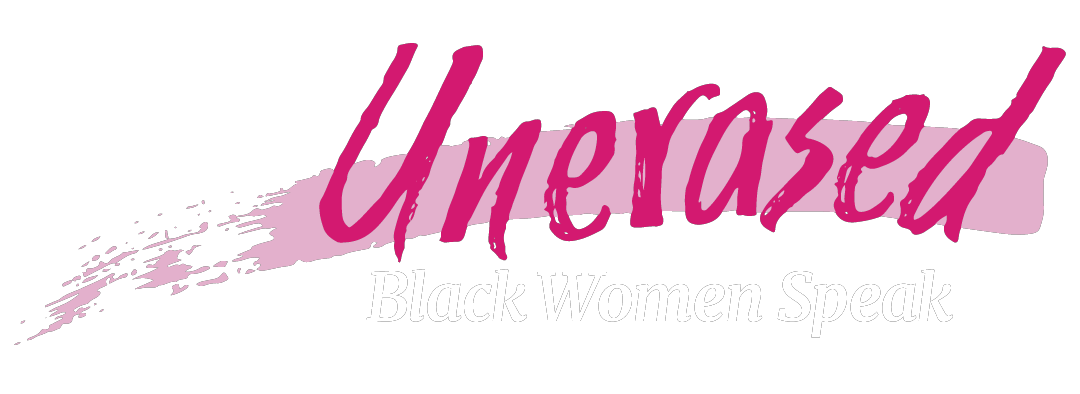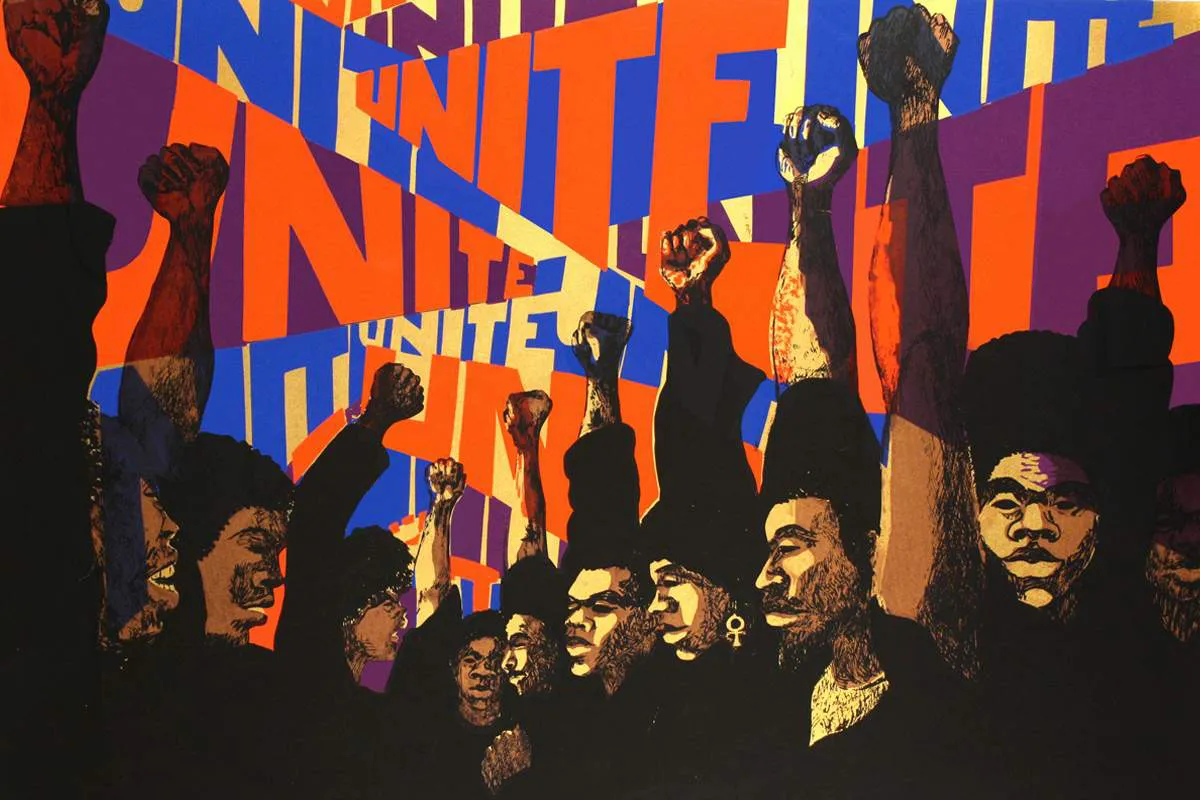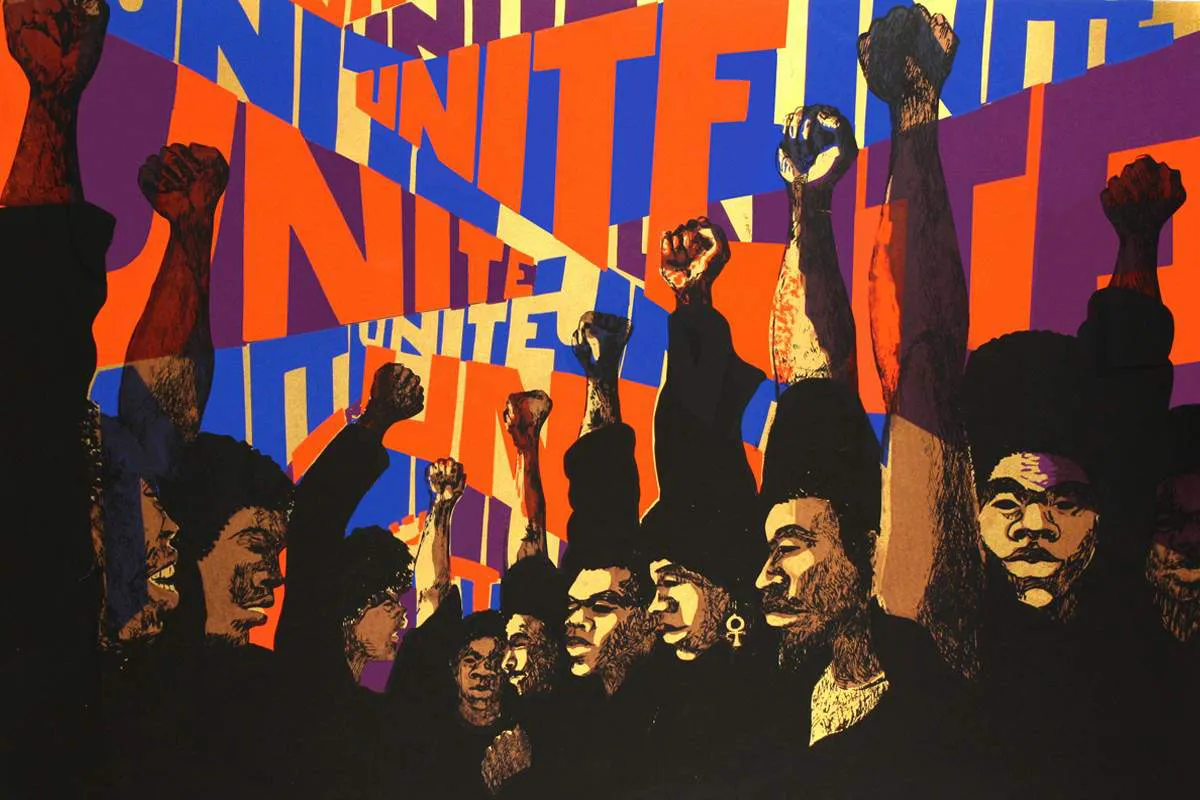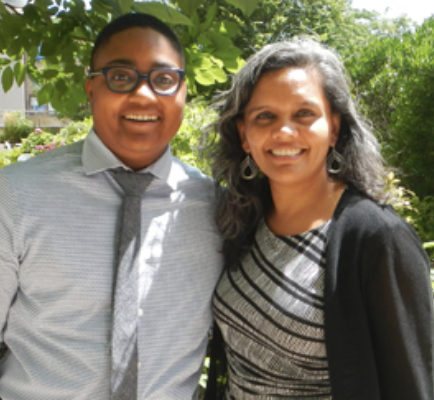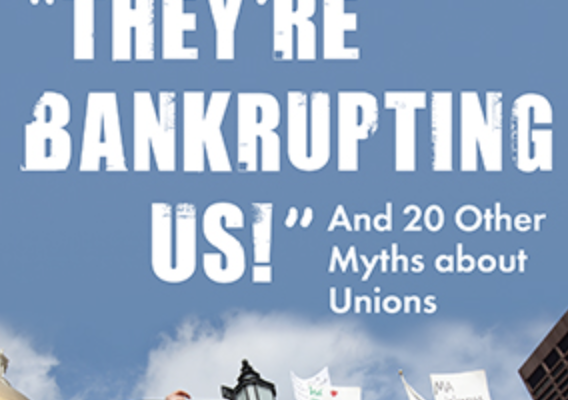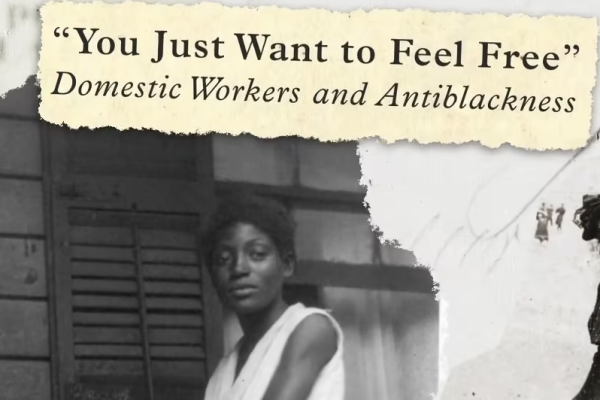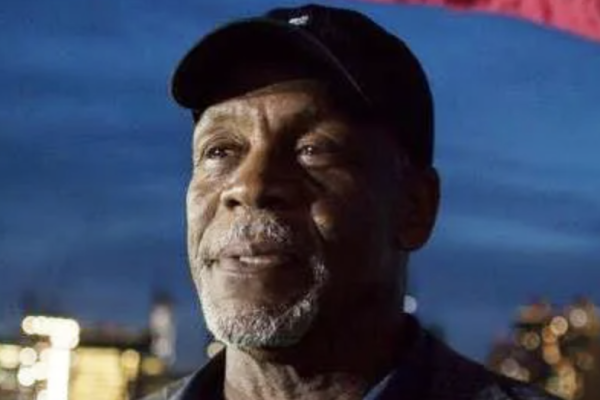About this Episode
The global pandemic transformed work as we once knew it and erupted into the “great resignation.” With pains and opportunities, the shifting landscape of the new ‘un-labor’ force may be a catalyst for jobs with justice.
Rewind a few decades, Black workers — especially women — overrepresented in organized labor, reaped tremendous gains that raised wages, protected jobs and fueled the Black middle class of the 20th century. But as Black union membership peaked, private-sector unions would plummet, altering the tenor of the “Union Yes!” battle cry. This episode explores unions, jobs and race from the perspective of advocates on the frontline of organized labor.
In this Episode
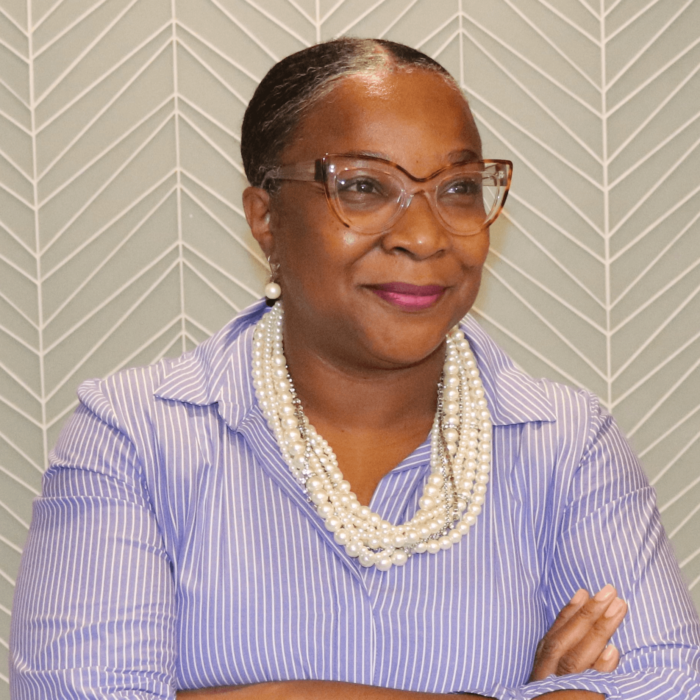
Tonya Wallace
“Black workers are the canary in the coal mines. We don’t win until we [can] define the value of our labor, until the world reckons with our relevance.”
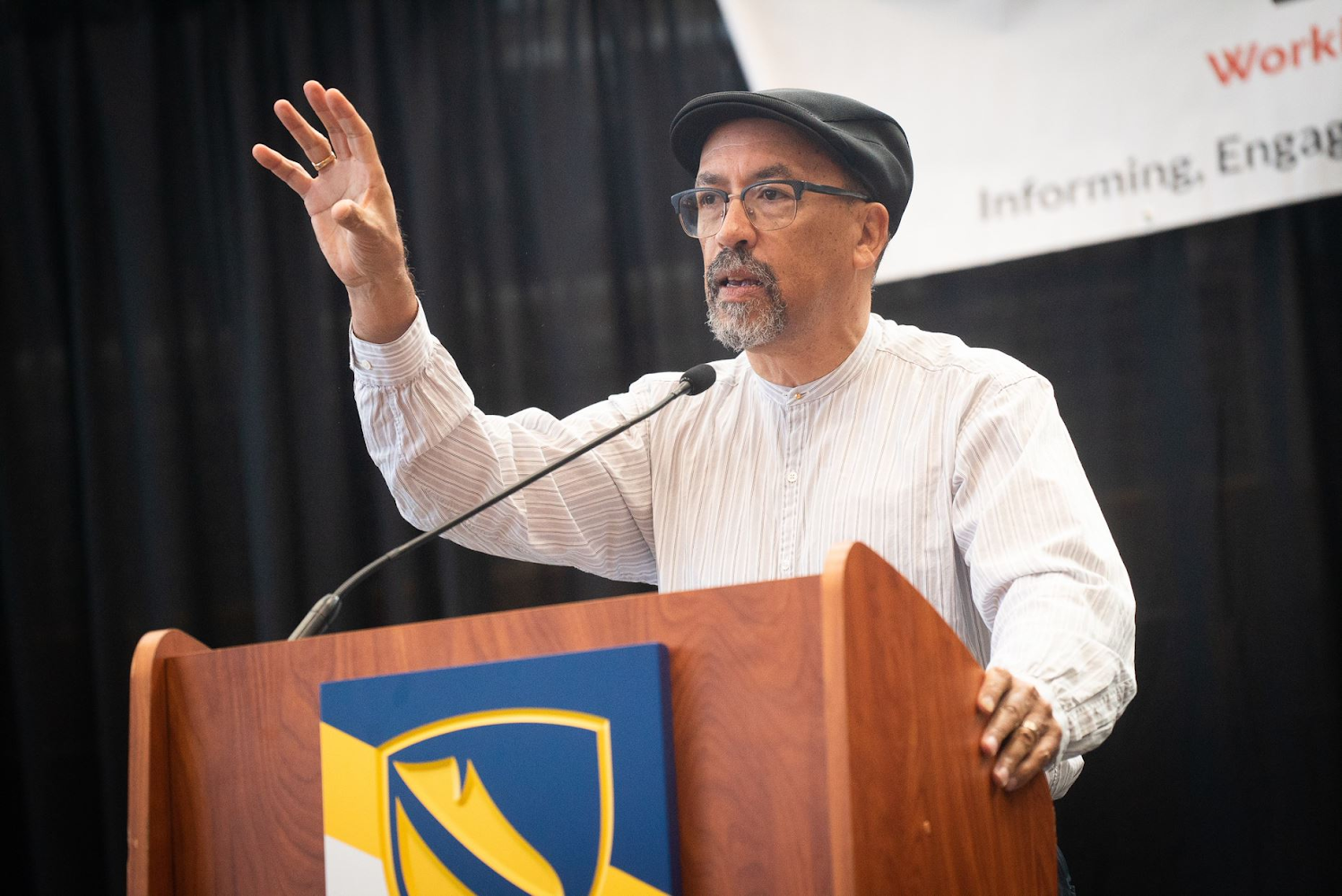
Bill Fletcher, Jr.
“People have resigned from work, declined to take certain kinds of jobs…I think what organized labor needs to do is to turn that anger into organization.”
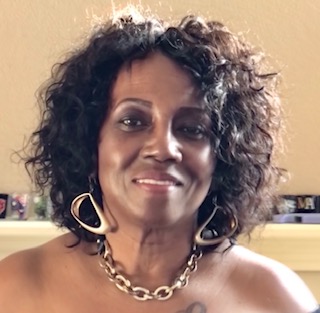
Patricia A. Ford
Executive VP (Ret.), Service Employees International Union (SEIU) & Social Justice Advocate
“Black women have been the driving force of a strong labor movement. Black women are most likely to be organized and most likely to be active.”
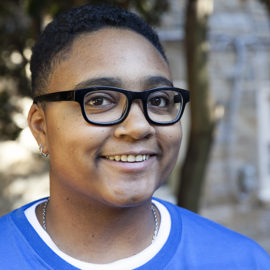
Erica Smiley
“We should all be striving for a job that includes us in decision making, allows us to tap into our creativity…a job that actually gives us joy!”

